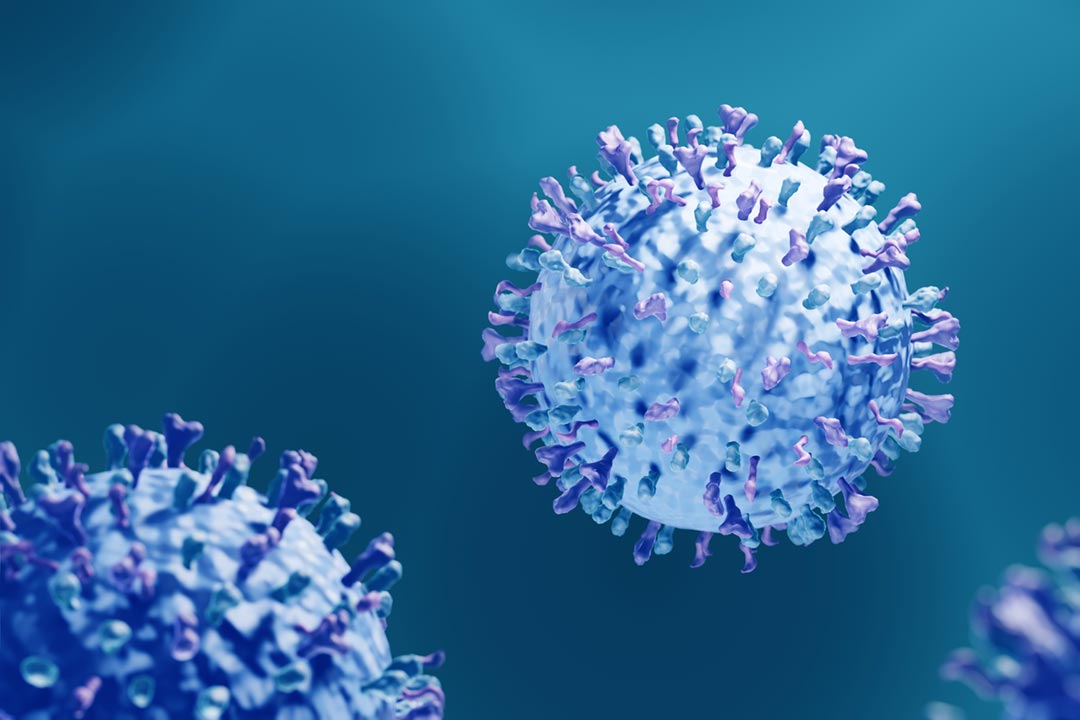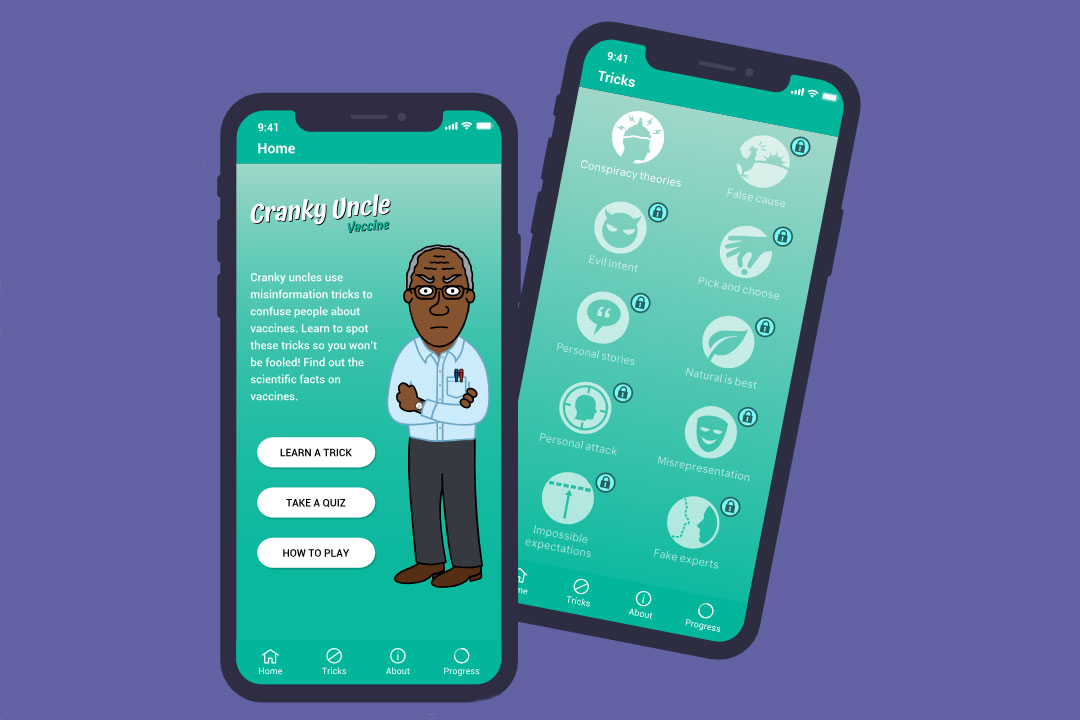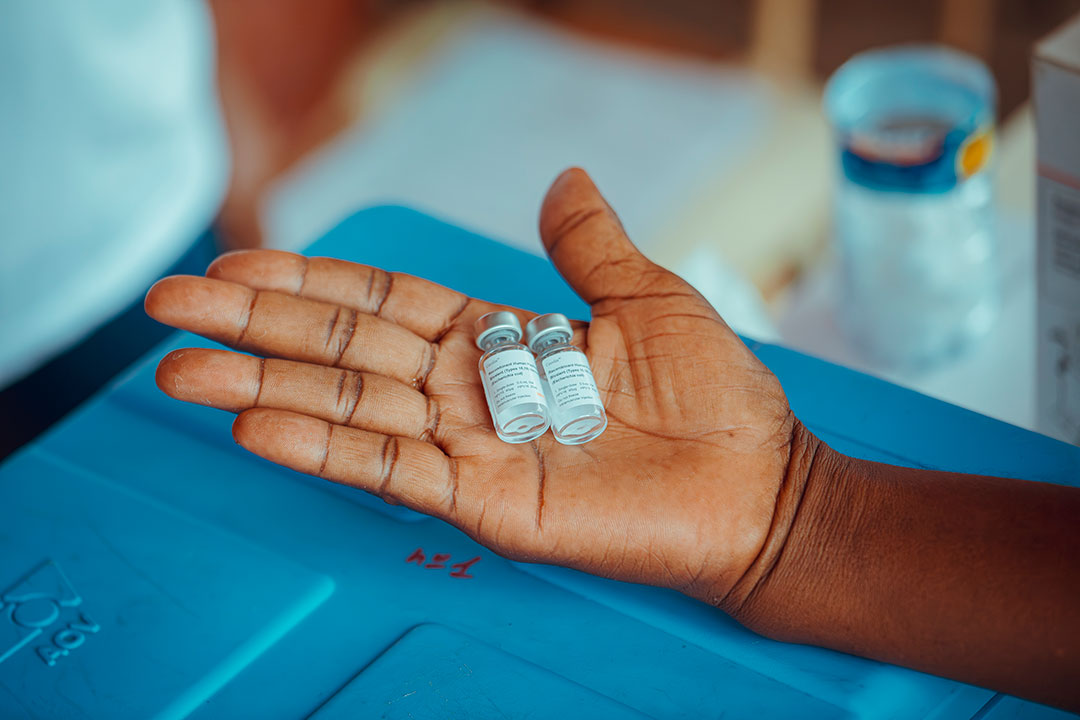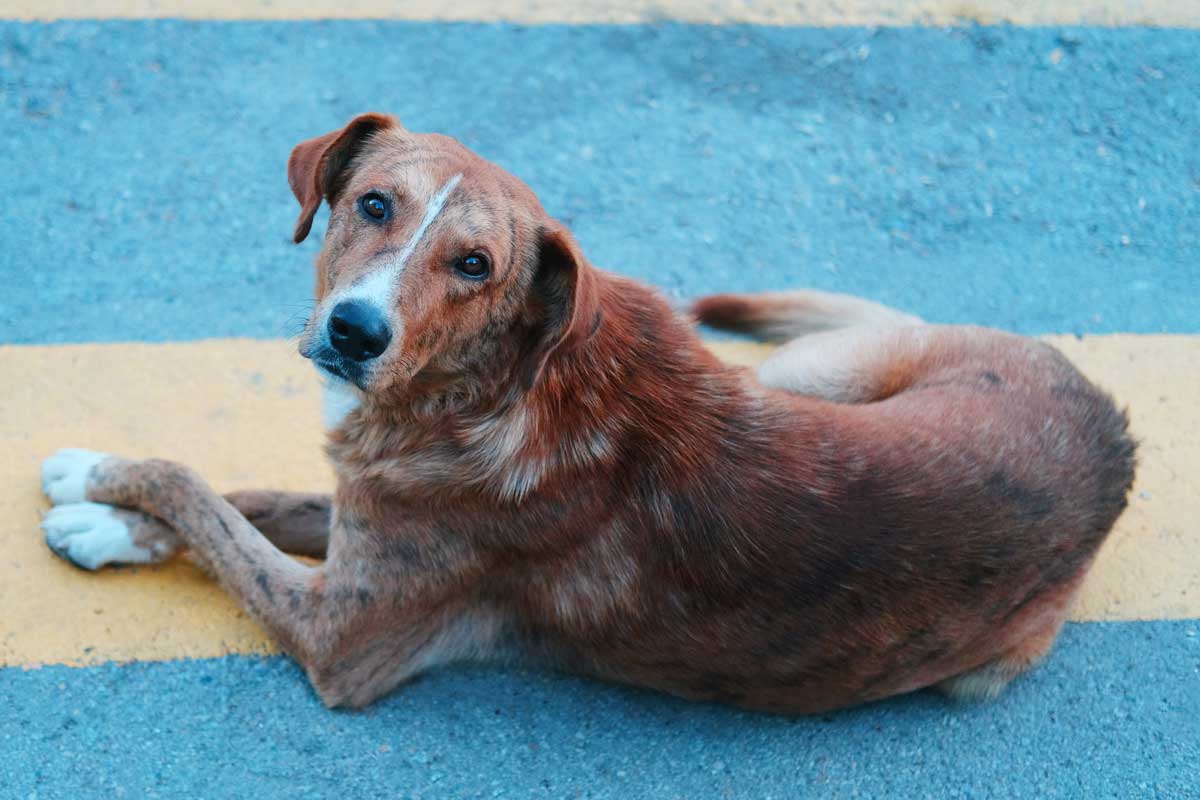Roll-out of RSV vaccine and antibody treatment leads to massive drop in US hospitalisations
Data from the US Centers for Disease Control and Prevention suggests that the roll-out of preventive approaches has had an immediate impact on RSV rates.
- 14 May 2025
- 3 min read
- by Priya Joi

Hospitalisations from respiratory syncytial virus (RSV) in infants were significantly lower in the 2024–2025 winter season in the USA after the introduction of a new vaccine and antibody treatment, according to data published by the US Centers for Disease Control and Prevention (CDC).
The US Food and Drug Administration has approved RSV maternal vaccine for use in people at 32–36 weeks of pregnancy so that their babies would be protected at birth and in the first few months of life. This meant it could be rolled out in time for the 2024 winter RSV season.
National immunisation survey data indicates the estimated proportion of US infants aged 0–7 months protected by either the new maternal vaccination or nirsevimab – a monoclonal antibody prevention method – reached 66% in February 2025, up from 30% in October 2024.
The data suggests the impact was immediate, with hospitalisations of babies due to RSV falling by as much as 71% in some areas compared to pre-pandemic levels.
Second biggest killer
An effective way of preventing RSV has been badly needed. Annually, the virus is responsible for 33 million cases of lower respiratory tract infections and 3.6 million hospitalisations in children under five years old, mainly during their first year of life.
RSV is the second leading cause of infant mortality after malaria – it kills over 100,000 children under five years every single year.
More than 99% of these deaths occur in lower- and middle-income countries, and the greatest mortality burden is in Africa. Many children die before even reaching a hospital.
Immediate impact
CDC researchers looked at hospitalisation rates in two different RSV surveillance networks of hospitals and medical centres (RSV-NET and NVSN).
They compared rates of RSV hospitalisation in 2024–2025 to pooled data from pre-pandemic seasons between 2018 and 2020, finding that RSV hospitalisations in newborns (0–2 months) fell 52% in RSV-NET and 45% in NVSN.
When they took out data from an NVSN surveillance site in Houston where the RSV season started before the vaccine and antibody treatment was rolled out, the effect was even more significant, with a 71% drop in hospitalisations.
The authors conclude: “Increased and earlier use of RSV prevention products during future seasons might lead to even larger reductions in pediatric RSV–associated hospitalizations.”
Have you read?
Global availability
In March 2025, the World Health Organization prequalified the maternal RSV vaccine that would allow maternal antibodies to pass to the foetus and protect the baby for the first few months of its life once it’s born.
This prequalification was an important step. It means that international health agencies can procure the vaccine for use in countries’ national immunisation programmes, potentially supporting lower-income countries where the burden is highest.
Commenting on the prequalification, Marta Tufet Bayona, Head of Policy at Gavi, the Vaccine Alliance said: “This first ever global approval also opens doors for other innovative RSV products in the pipeline, creating a pathway to a range of affordable tools that will help reduce pneumonia cases, prevent infant deaths, and alleviate the economic burden on health systems.”








